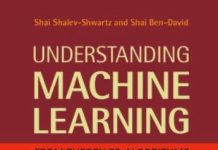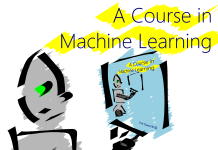| Book Name: | Machine Learning A First Course for Engineers and Scientists |
| Category: | Machine Learning |
| Free Download: | Available |
Machine Learning A First Course for Engineers and Scientists
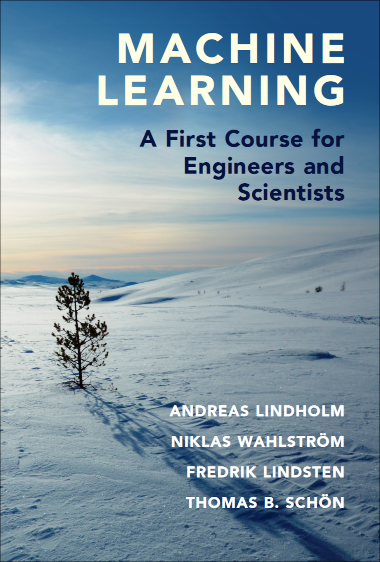
Table of contents :
Notation
Introduction
Machine learning exemplified
About this book
Further reading
Supervised learning: a first approach
Supervised machine learning
A distance-based method: k-NN
A rule-based method: Decision trees
Further reading
Basic parametric models and a statistical perspective on learning
Linear regression
Classification and logistic regression
Polynomial regression and regularization
Generalized linear models
Further reading
Derivation of the normal equations
Understanding, evaluating and improving the performance
Expected new data error Enew: performance in production
Estimating Enew
The training error–generalization gap decomposition of Enew
The bias-variance decomposition of Enew
Additional tools for evaluating binary classifiers
Further reading
Learning parametric models
Principles of parametric modeling
Loss functions and likelihood-based models
Regularization
Parameter optimization
Optimization with large datasets
Hyperparameter optimization
Further reading
Neural networks and deep learning
The neural network model
Training a neural network
Convolutional neural networks
Dropout
Further reading
Derivation of the backpropagation equations
Ensemble methods: Bagging and boosting
Bagging
Random forests
Boosting and AdaBoost
Gradient boosting
Further reading
Nonlinear input transformations and kernels
Creating features by nonlinear input transformations
Kernel ridge regression
Support vector regression
Kernel theory
Support vector classification
Further reading
The representer theorem
Derivation of support vector classification
The Bayesian approach and Gaussian processes
The Bayesian idea
Bayesian linear regression
The Gaussian process
Practical aspects of the Gaussian process
Other Bayesian methods in machine learning
Further reading
The multivariate Gaussian distribution
Generative models and learning from unlabeled data
The Gaussian mixture model and discriminant analysis
Cluster analysis
Deep generative models
Representation learning and dimensionality reduction
Further reading
User aspects of machine learning
Defining the machine learning problem
Improving a machine learning model
What if we cannot collect more data?
Practical data issues
Can I trust my machine learning model?
Further reading
Ethics in machine learning
Fairness and error functions
Misleading claims about performance
Limitations of training data
Further reading
Notation
Bibliography
Machine Learning A First Course for Engineers and Scientists
Author(s): Andreas Lindholm, Niklas Wahlström, Fredrik Lindsten, Thomas B. Schön
Year: 2021






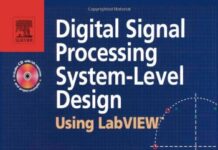


![[PDF] Draw Buildings and Cities in 15 Minutes Draw Buildings and Cities in 15 Minutes pdf](https://www.freepdfbook.com/wp-content/uploads/2021/06/Draw-Buildings-and-Cities-in-15-Minutes-218x150.jpg)








![[PDF] Digital Image Processing An Algorithmic Introduction Using Java Digital Image Processing An Algorithmic Introduction Using Java](https://www.freepdfbook.com/wp-content/uploads/2022/06/Digital-Image-Processing-An-Algorithmic-Introduction-Using-Java.jpg)

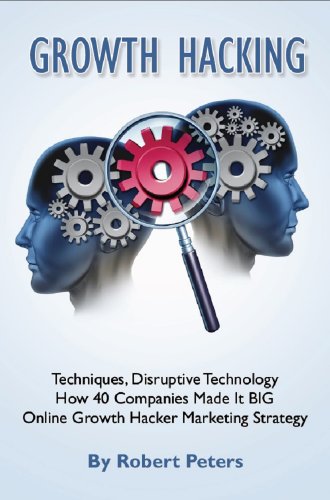


![[PDF] 43 Years JEE ADVANCED + JEE MAIN Chapterwise & Topicwise Solved Papers 43 Years JEE ADVANCED (1978-2020) + JEE MAIN Chapterwise & Topicwise Solved Papers Physics PDF](https://www.freepdfbook.com/wp-content/uploads/2022/03/43-Years-JEE-ADVANCED-1978-2020.jpg)

![[PDF] Problems in Physical Chemistry for JEE (Main & Advanced) Problems in Physical Chemistry for JEE (Main & Advanced) Free PDF Book Download](https://www.freepdfbook.com/wp-content/uploads/2022/03/Problems-in-Physical-Chemistry-for-JEE-Main-Advanced.jpg)
![[PDF] Engineering Physics (McGraw Hill)](https://www.freepdfbook.com/wp-content/uploads/2021/05/bafc8c2685bb6823a9c56134f7fba5df.jpeg)

![[PDF] Engineering Chemistry By Shashi Chawla](https://www.freepdfbook.com/wp-content/uploads/2022/05/Theory-And-Practicals-of-Engineering-Chemistry-By-Shashi-Chawla-free-pdf-book.jpeg)
![[PDF] Chemistry: An Introduction to Organic, Inorganic & Physical Chemistry Chemistry: An Introduction to Organic, Inorganic & Physical Chemistry](https://www.freepdfbook.com/wp-content/uploads/2022/04/Chemistry-An-Introduction-to-Organic-Inorganic-Physical-Chemistry.jpg)
![[PDF] Essentials of Physical Chemistry Essentials of Physical Chemistry Free PDF Book by Bahl](https://www.freepdfbook.com/wp-content/uploads/2022/04/Essentials-of-Physical-Chemistry-bahl.jpg)
![[PDF] Biological control of plant-parasitic nematodes: soil ecosystem management in sustainable agriculture Biological control of plant-parasitic nematodes: soil ecosystem management in sustainable agriculture](https://www.freepdfbook.com/wp-content/uploads/2022/05/Biological-control-of-plant-parasitic-nematodes-soil-ecosystem-management-in-sustainable-agriculture.jpg)
![[PDF] Human Anatomy: Color Atlas and Textbook Human Anatomy: Color Atlas and Textbook Free PDF Book](https://www.freepdfbook.com/wp-content/uploads/2022/05/Human-Anatomy-Color-Atlas-and-Textbook.jpg)
![[PDF] Concepts of Biology Book [Free Download]](https://www.freepdfbook.com/wp-content/uploads/2022/05/Concepts-of-Biology.jpg)
![[PDF] Essentials of Biology [Free Download] Essentials of Biology Free PDF BOok Download](https://www.freepdfbook.com/wp-content/uploads/2022/05/Essentials-of-Biology-Free-PDF-Book-Downlaod.jpg)
![[PDF] Human Biology Book [Free Download]](https://www.freepdfbook.com/wp-content/uploads/2022/05/PDF-Human-Biology-Book-Free-Download.jpg)

